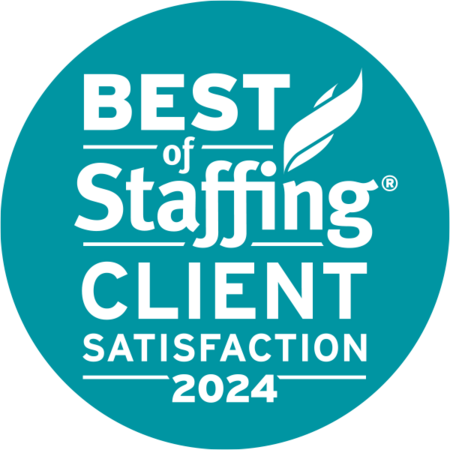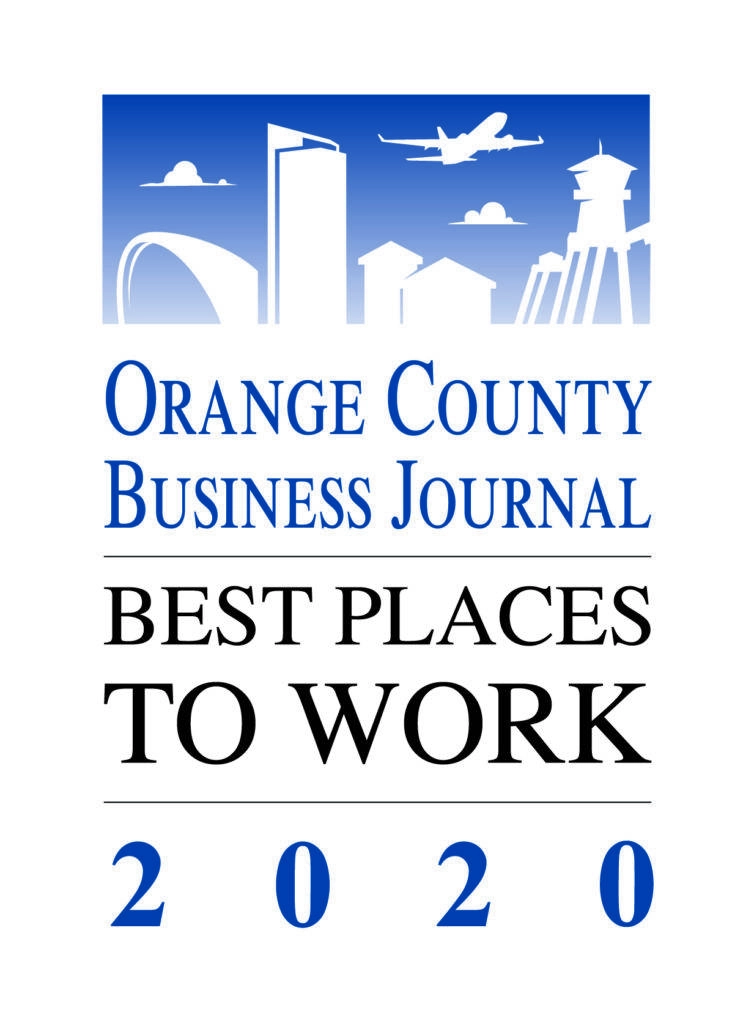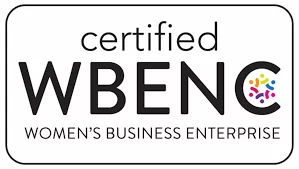By Jennifer Hannigan, CEO Alliance Resource Group
“Why are you leaving your current or most recent job?”
This question is one of the top five most frequently asked during job interviews, and yet the inquiry into why candidates are leaving their current job catches many off guard. Often, when answered, it elicits further concerns or leads to additional questions.
Hiring managers ask why you are leaving your company for three reasons. They want:
- a lens into your career goals
- to understand what job satisfaction means to you, and
- to ascertain whether or not you are leaving the company on good terms.
Seeking a change often stems from a desire for professional development and new opportunities. However, numerous individuals depart from their positions due to less favorable factors, such as dissatisfaction with managers, overly demanding work hours, conflicts with colleagues, or a mismatch with the company’s culture. Others may experience disappointment from missed promotions, a lack of empowerment from superiors, or unfulfilled commitments by the organization or management. While these reasons may carry a negative connotation, they are common experiences in the professional journey.
There is an unwritten code that discourages speaking negatively in job interviews. Consequently, job seekers may provide responses that don’t entirely reflect their true feelings or experiences. Experienced hiring managers, adept at discerning authenticity, are likely to sense this absence of candor. Even if unspoken, such reservations can influence their perceptions and decisions regarding a candidate.
This reluctance or hesitance occurs often, spanning from the professional to executive levels.

Two Recent Real-Life Responses: What to Avoid
Our team of executive search and recruiting managers ask this question hundreds of times each week. Recently, I received less than satisfactory and definitive answers from two Chief Finance Officers seeking new opportunities.
When asking the first CFO applicant about his reason for leaving, he responded that the role was no longer a good fit. This vague statement immediately triggered concerns about his forthrightness, casting doubts and suggesting there might be more to the story. As someone with extensive experience in conducting interviews, I have little patience for a lack of honesty or genuineness in someone I’m representing. After further probing, it came to light that a change in leadership had occurred, with the new CEO bringing his own CFO. Such transitions are common and don’t necessarily speak to the departing CFO’s abilities. However, withholding this context can lead recruiters to fill in the blanks on their own, potentially drawing conclusions that are harsher than the reality.
The second interviewee, who held a Divisional CFO role, simply stated he was seeking a change. This response was inadequate for me to endorse him confidently to a client. In pursuit of the real motivators behind his job search, it became apparent that his company had opted to bring in an external hire for the corporate CFO position, thereby overlooking his potential for the role within a sizable, publicly listed firm. This scenario is not unfamiliar; it’s common for professionals to be typecast within certain roles, and sometimes corporate decision-makers are hesitant to entrust a publicly listed company to a newcomer to the CFO role. Again, this circumstance doesn’t necessarily reflect on the individual’s skills or potential and is critical information to share forthrightly.
Regardless of the position a candidate is applying for, it is unequivocally imperative to tell the truth when answering the question: Why are you leaving your job?

Answer with Authenticity, Transparency and Positivity
In an era where social media and fleeting impressions often dominate, engaging in a genuine dialogue with someone who balances confidence with humility and accountability is invigorating and highly valued during the interview process. Navigating this challenging question demands attention and preparation; crafting the right response can significantly influence the outcome of an interview.
The key is addressing negative experiences with authenticity while maintaining a positive personal presentation. This lies in the approach and communication style. When done correctly, it not only elevates the candidate’s appeal but can position them as exemplary. Here’s how to approach it:
- Reflect on the Situation: Before the interview, reflect on the negative experiences and identify the core reasons they were unsatisfactory. This self-awareness is the foundation for a sincere response.
- Focus on the Positive Outcomes: Even in negative situations, there’s usually something positive that can be taken away. Focus on what you learned or how the experience helped you grow professionally.
- Practice Diplomatic Language: Frame your experiences diplomatically. Avoid placing blame on others for the outcome.
- Maintain a Constructive Tone: Keep your tone constructive throughout, ensuring that you don’t inadvertently convey negativity.
- Steer Toward Your Goals: Transition the conversation to discuss how your past experiences have shaped your current professional goals and how the role you’re interviewing for aligns with those goals.
- Emphasize Adaptability and Resilience: Highlight how you adapted to the challenging situation and what it taught you about resilience and overcoming obstacles.
- Rehearse Your Response: Practice your answer so that it feels natural, and you can deliver it confidently without sounding rehearsed or insincere.
Here is an example response to the question “Why are you leaving your job?” that puts these best practices into context:
“When our CFO departed unexpectedly, I stepped up to ensure continuity in our department, effectively juggling the responsibilities of both the CFO and my own role during the transition.
Despite entering the candidacy for the permanent position and receiving positive feedback from the CEO, the Board opted for an external hire.
Balancing dual roles was a welcomed challenge — and though it wasn’t fully recognized in the decision-making process, the experience was invaluable. It equipped me with a robust skill set that I’m eager to bring to my future endeavors.
Now, with a new CFO at the helm, it appears that my prospects for advancement have plateaued, signaling that it’s an opportune moment to embark on a new professional journey.”
The ability to address the question of leaving a job is as important as any technical expertise. The discussion is less about the act of departure and more about the narrative that follows. The Accounting and Finance professionals who can articulate their reasons with honesty, aligning their experiences with a vision for the future, set themselves apart. They take control of their career trajectory, transforming every end into a promising beginning. This is the essence of career mobility in today’s landscape — pursuing a path of positivity amidst any transition.
Seeking a new career opportunity? Alliance Resource Group can help.
RELATED CONTENT
BUILDING YOUR PROFESSIONAL BRAND ON LINKEDIN
MAKE AN IMPACT WITH YOUR POST-INTERVIEW THANK YOU
THE DISINTEGRATION OF PROFESSIONAL DECORUM IN THE INTERVIEW PROCESS





